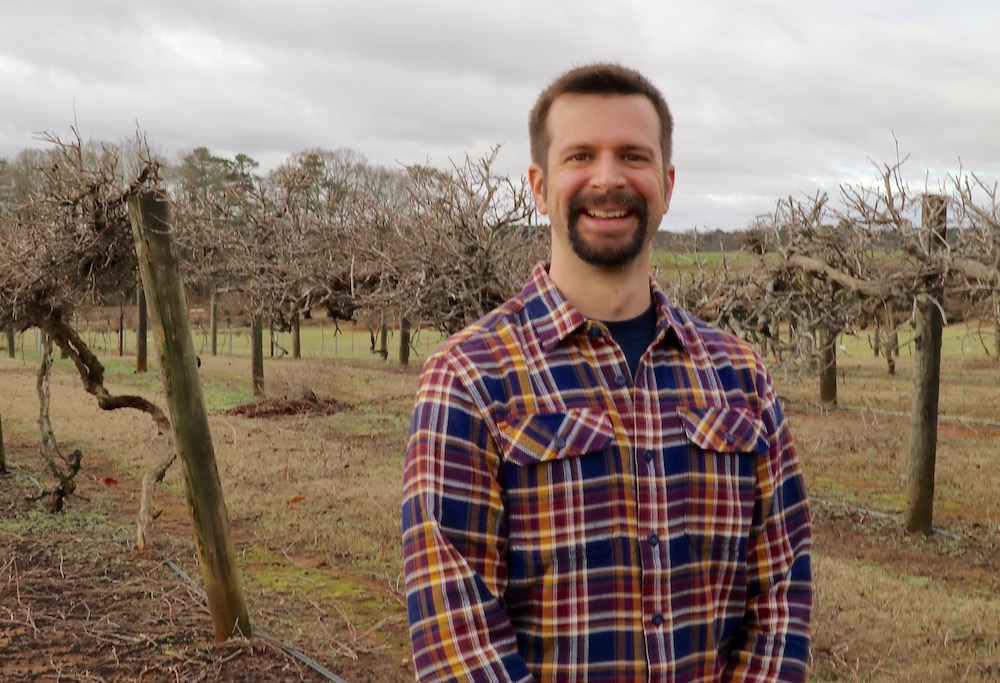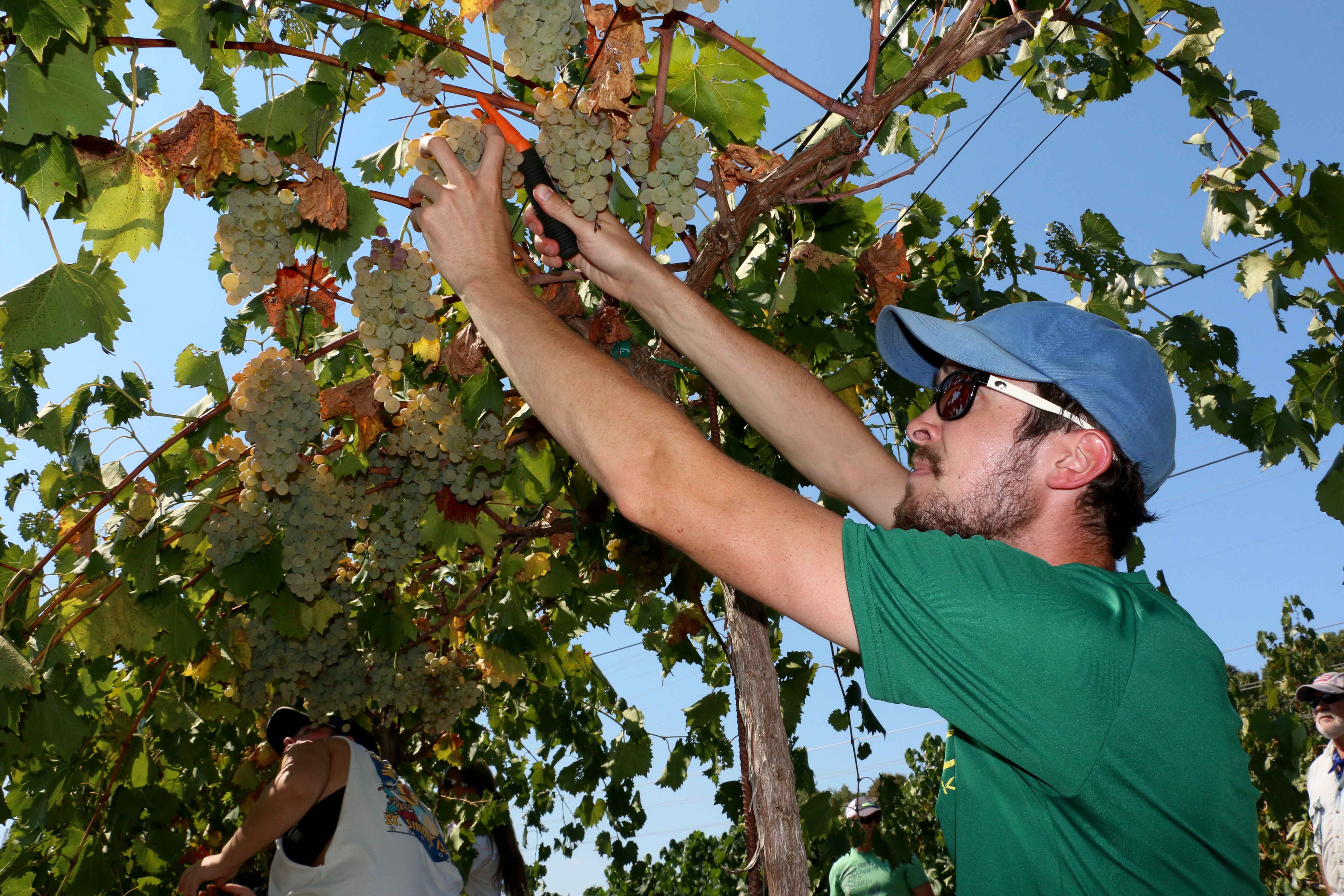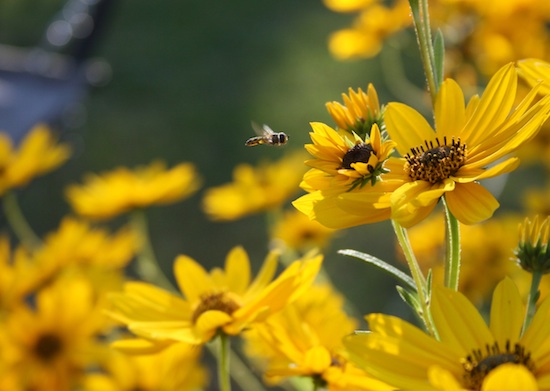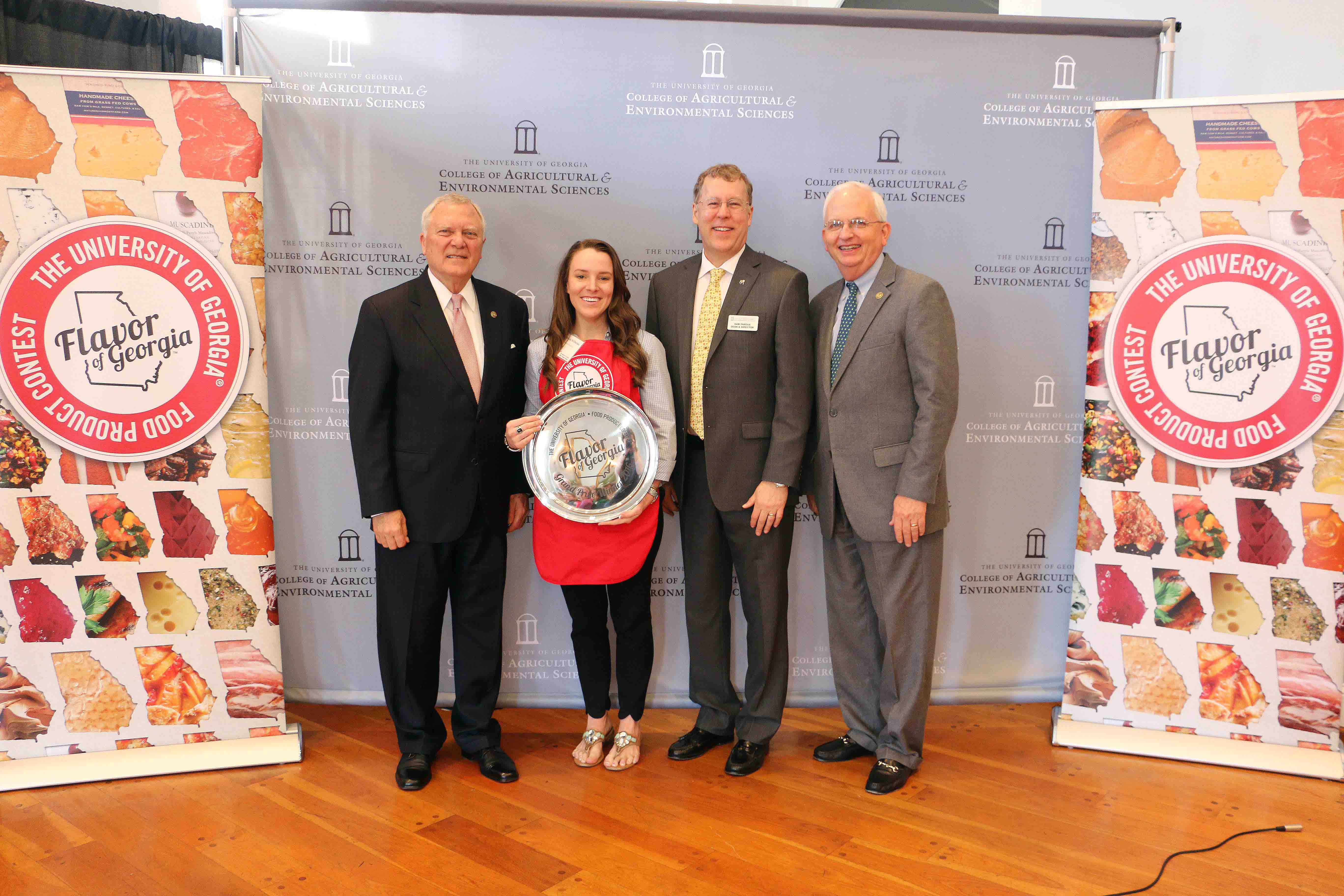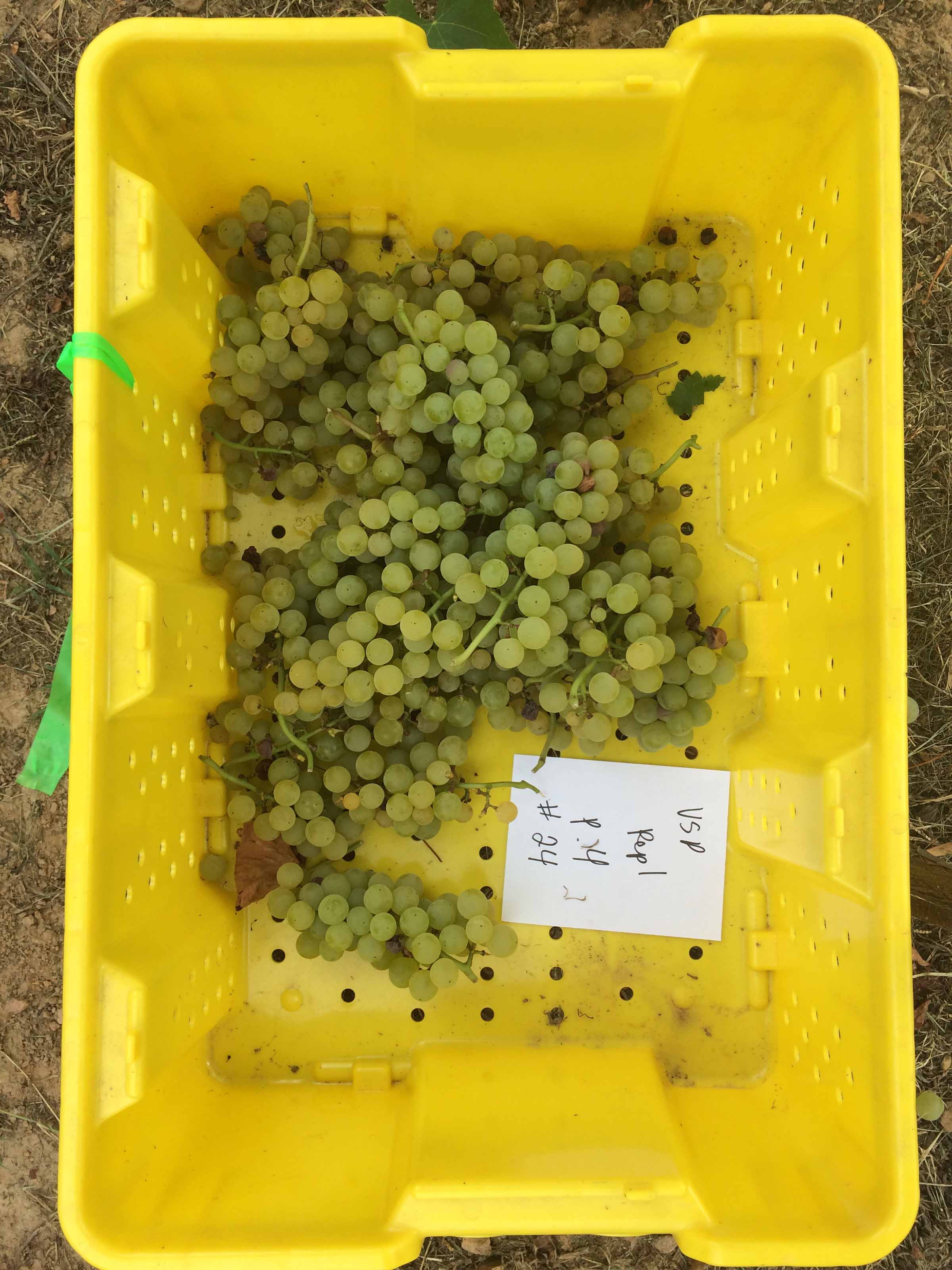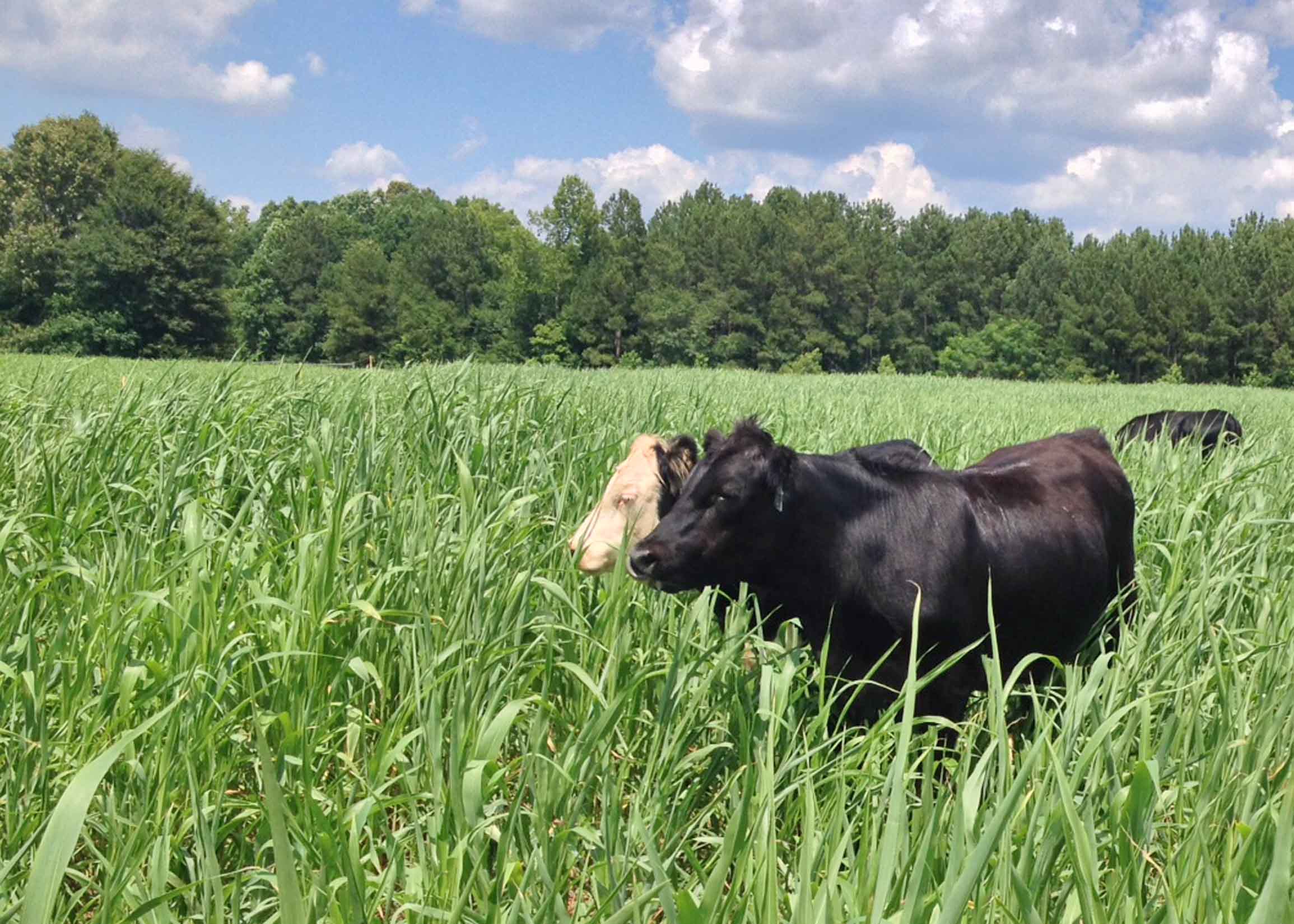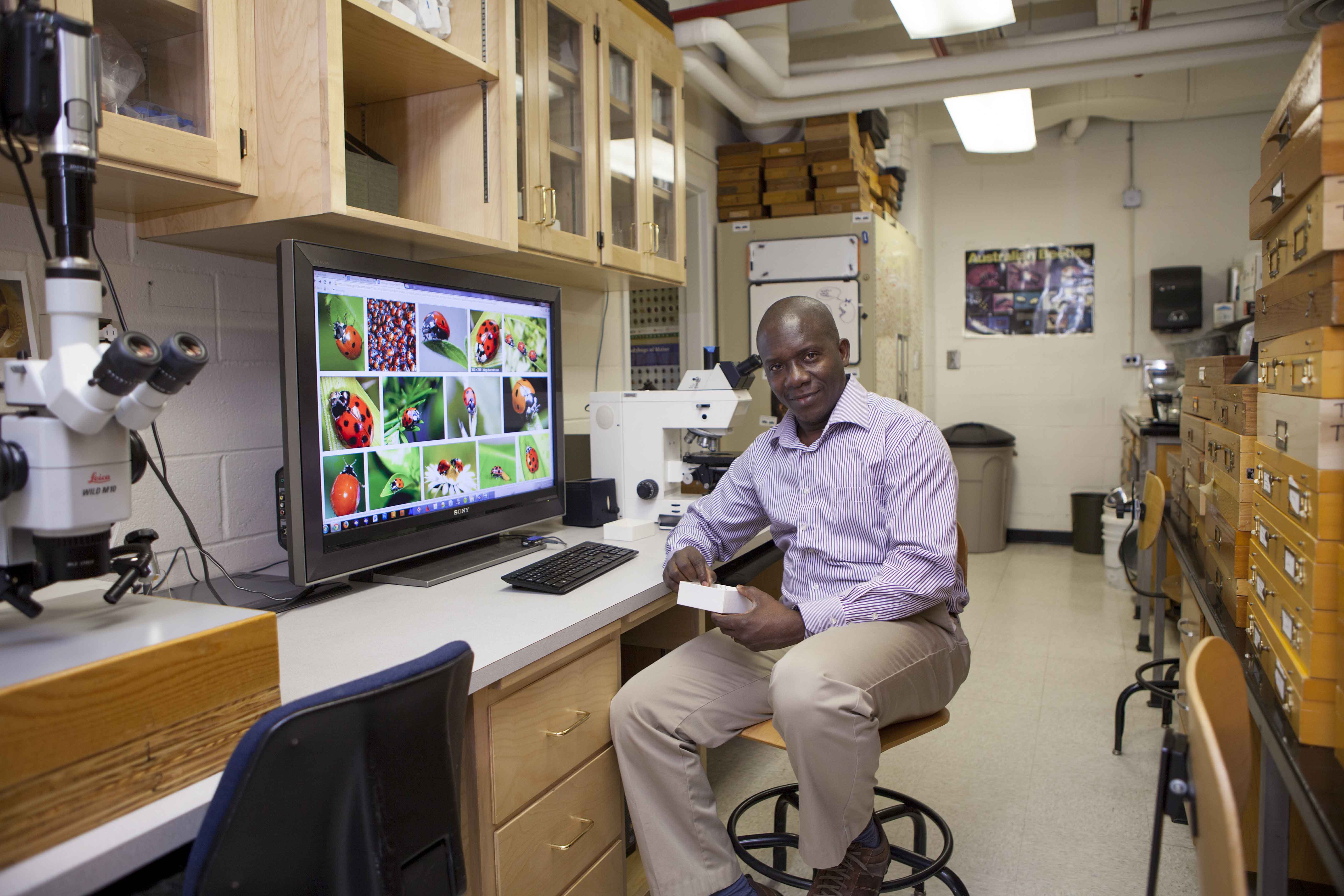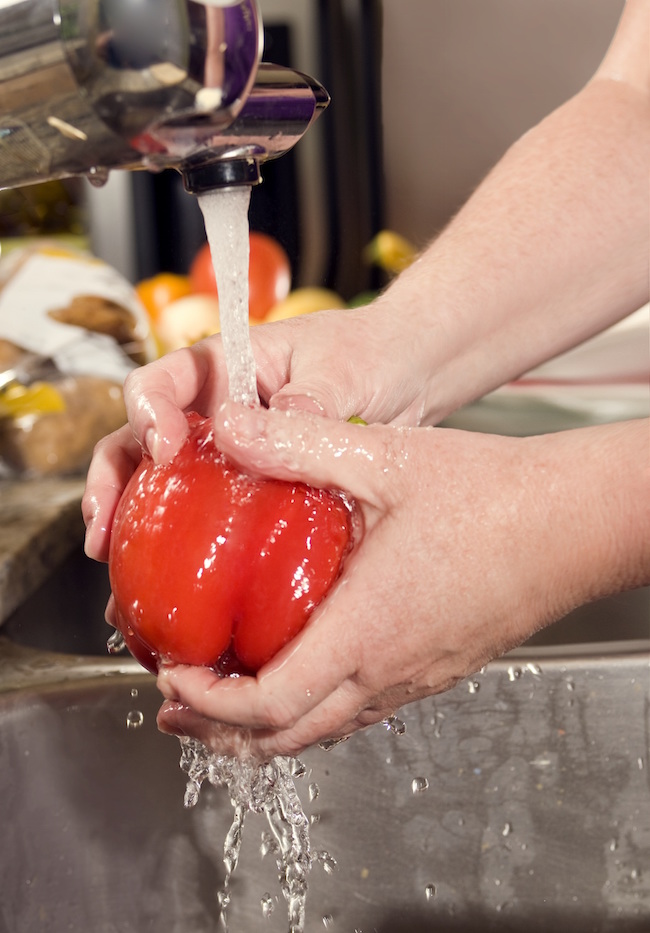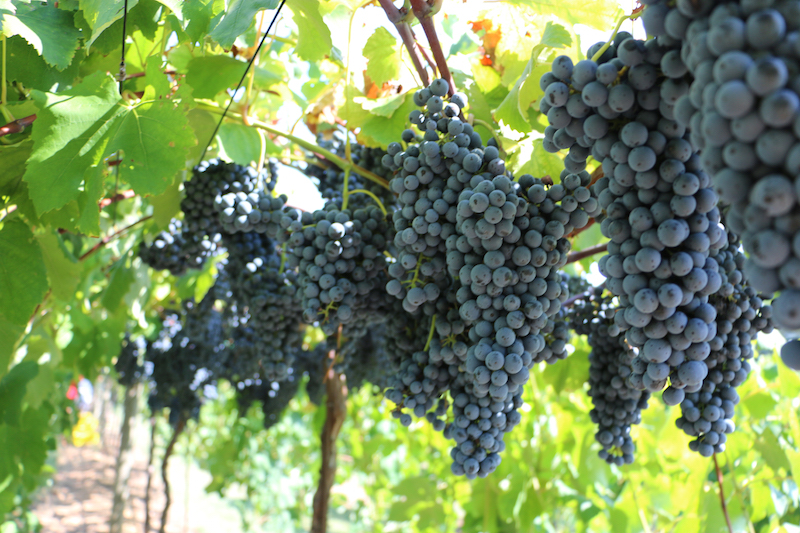 CAES News
CAES News
Georgia's Grape Industry
Georgia’s grape industry, once dormant, is now thriving, according to Phillip Brannen, University of Georgia Cooperative Extension fruit plant pathologist. Growing potential for prosperity in the wine industry will require that farmers stay vigilant about certain diseases, like Pierce’s disease, that could negatively impact production.

